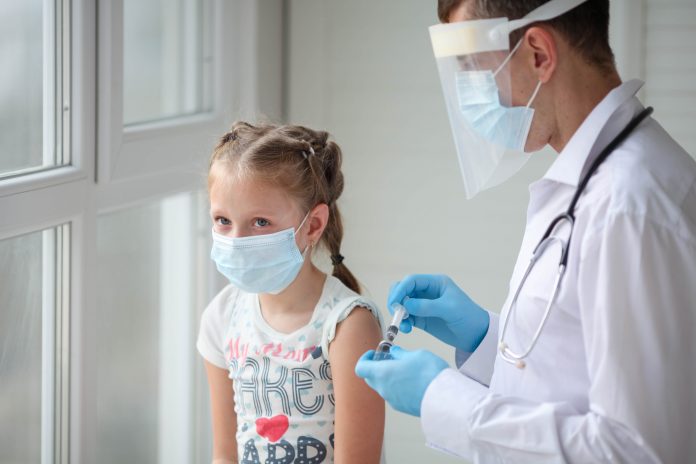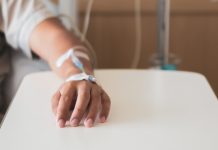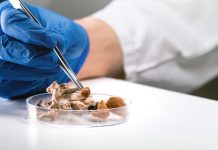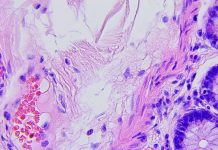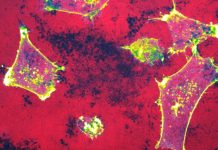A survey shows parents of kids with cancer have similar hesitancy rates as the wider population to vaccinate their children against COVID-19
Despite engagement with the medical system, researchers at the Duke Cancer Institute found that nearly a third of parents expressed hesitancy to vaccinate their youngsters due to any potential danger posed to their kids.
Kyle Walsh, Ph.D., senior author and associate professor in the departments of Neurosurgery and Pediatrics at Duke said: “Part of the reason we wanted to survey about vaccine hesitancy in this group is that they have such frequent contact with the medical system, so we were looking for anything that might be potentially unique about this patient population that might set them apart.
“And actually, the rates of hesitancy were quite high. We were surprised that it was not associated with vaccine acceptability.”
Walsh and his colleagues, Courtney E. Wimberly, Lisa Towry, Elizabeth Davis and Emily E. Johnston, led the survey from February-April 2021, when the COVID-19 vaccines were initially rolling out. This was before paediatric vaccines were approved.
A 19-question survey was sent to caregivers of children with cancer who had completed treatment but could still be receiving follow-up care.
Of the 130 families which had completed the survey, 29% of caregivers expressed hesitancy to have their children with cancer receive the COVID-19 vaccine. That rate is slightly higher than the 25% reported among the broader population, according to a Kaiser Family Foundation poll.
More than 40% of the survey participants said their children’s cancer treatment was part of a clinical trial, however, that factor did not play a role in their regard of receiving a COVID-19 vaccine.
Slightly more than half of respondents reported their children with cancer would definitely receive the COVID-19 vaccine when it became available, and five children of the survey had already been vaccinated.
18% of caregivers felt unsure if their child would receive the vaccine but were “leaning towards yes.”
An analysis of responses from survey participants discovered caregivers are more likely to have their children vaccinated if they expressed confidence in science, medicine, and vaccination in general, and the national response to the COVID-19 pandemic.
Additionally, they expressed being more willing to vaccinate if there was more conversation that an infection from COVID-19 could pose extra risks to their children, whose immune systems are often fragile after cancer treatments.
Those hesitant to vaccinate expressed concerns about the quickness of COVID-19 vaccine development and handout, as well as potential insufficient safety and efficacy data in children, and in particular, kids with cancer.
Exposing the need for vaccination education and outreach, even among families engaged with the medical community
“For all parents who have children with cancer, they are trying to make the best decisions for them based on the information at hand and the potential long-term effects arising from chemotherapy, radiation and now potentially vaccinations against COVID-19,” Walsh said.
The full study has been published in the Pediatric Blood & Cancer Journal.

